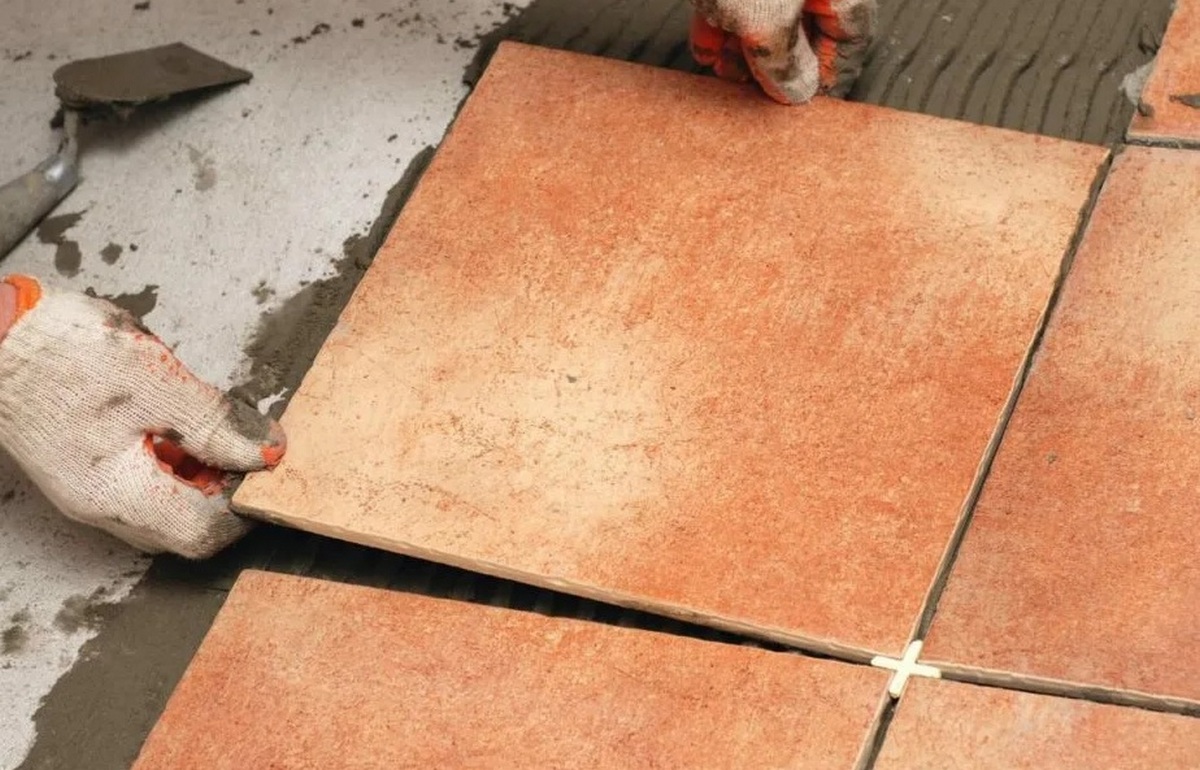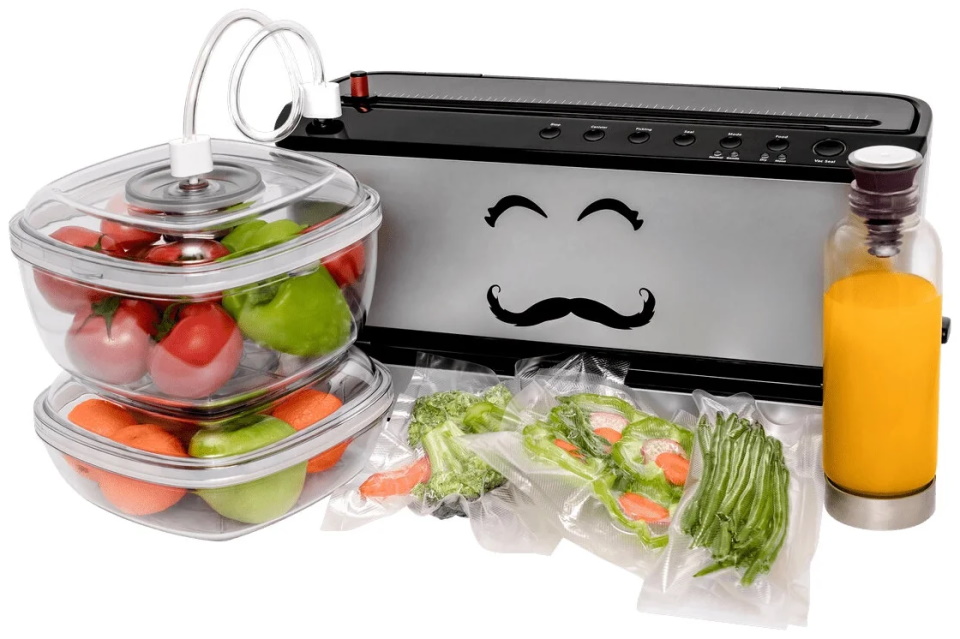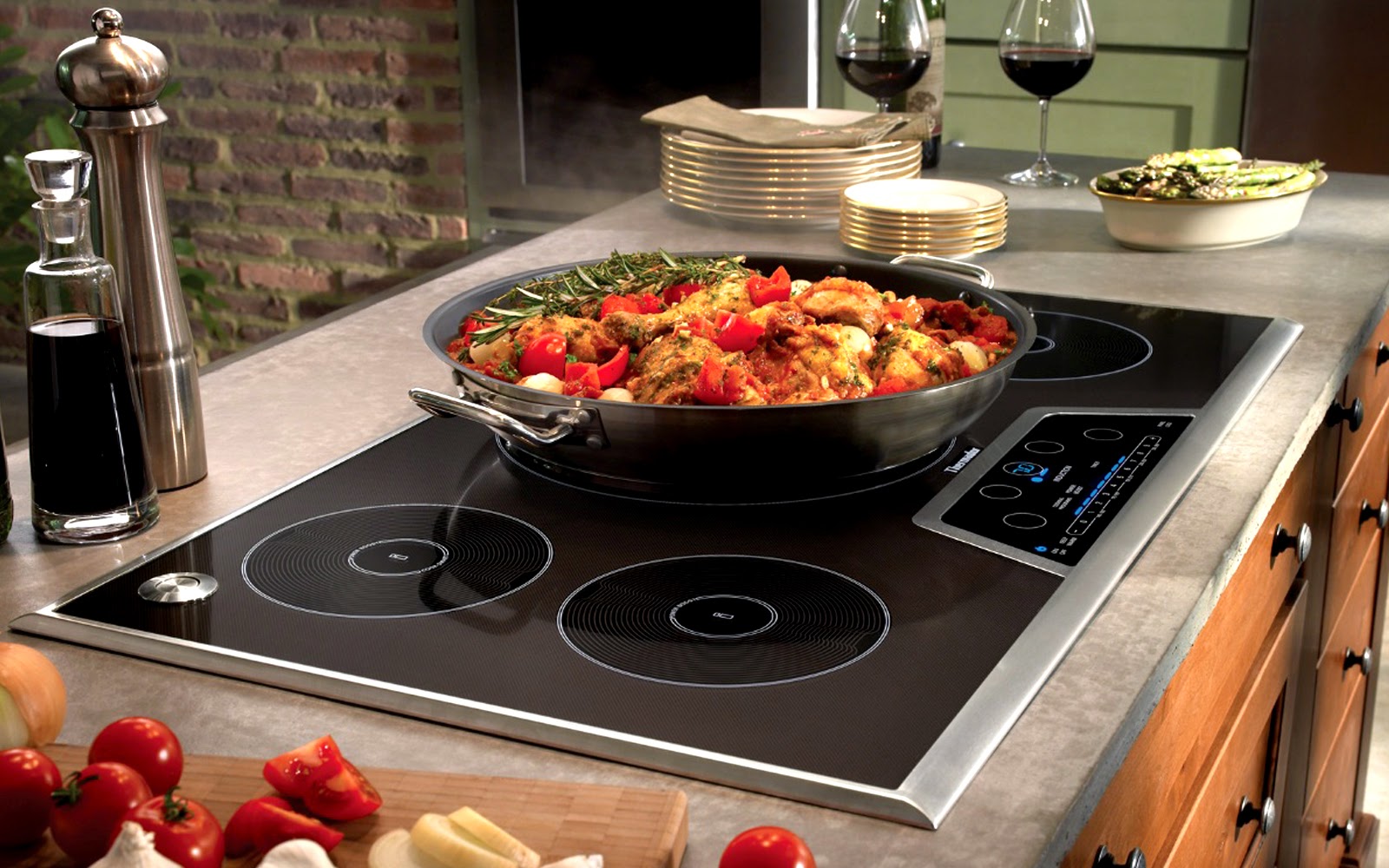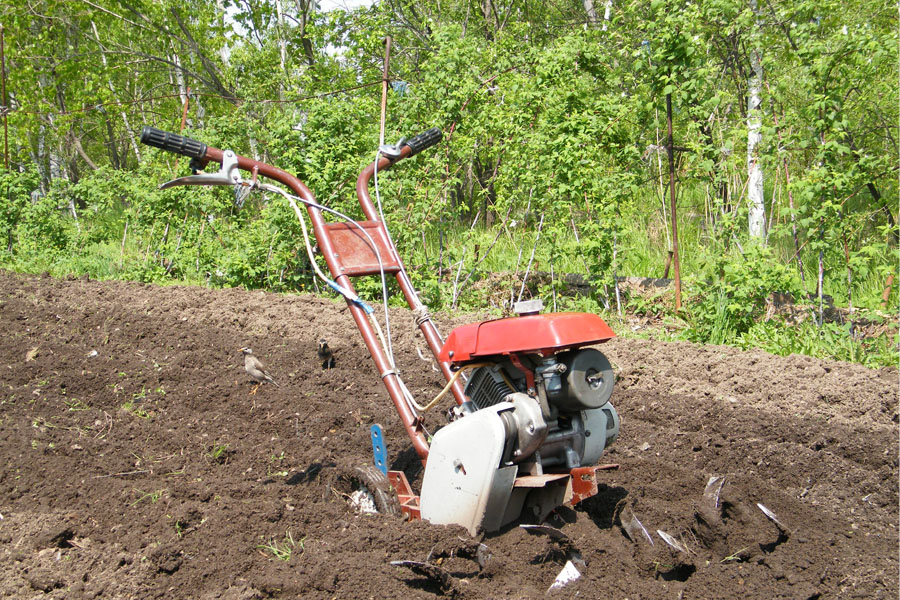Rating of the best porcelain stoneware adhesives for 2022

Installation of porcelain stoneware is a rather complicated process, which is primarily due to the characteristics of this material. Porcelain stoneware absorbs moisture very little, which forces the user to use special elastic adhesives in order to ensure normal adhesion to the substrate, because. with ordinary cement, this cannot be achieved in any way.

Content
- 1 Features of the use of glue for porcelain stoneware for exterior and interior decoration
- 2 Features of calculating the adhesive layer for porcelain tiles
- 3 Technical requirements for porcelain tile adhesive
- 4 Porcelain stoneware installation tips
- 5 Difficulties of choice
- 6 Rating of the best porcelain stoneware adhesives for 2022
- 7 Instead of an epilogue
Features of the use of glue for porcelain stoneware for exterior and interior decoration
If it is planned to install tiles of the type in question on the street, then you will have to use special glue for external work. The external environment is quite aggressive, due to constant temperature fluctuations, the possibility of precipitation, exposure to wind and sunlight. It is also worth remembering about various kinds of mechanical influences. Accordingly, porcelain stoneware is perfect for such conditions as a very strong material, but the glue for it must be special, capable of firmly gluing the tile to the surface, while counteracting aggressive external conditions.
It is also worth taking into account the features of the place where the cladding will be carried out. Concrete base, plinth or porch - any of them requires a special approach, and therefore a special composition of the adhesive. For the porch, water-repellent substances will be preferable, for the base - they are the same, but with increased fixation strength. For a concrete base, almost any adhesive composition for external work is suitable. When decorating a veranda, loggia or balcony, special options will also be required, because these objects, although located partially outside, are tightly adjacent to the interior, which means a higher temperature in them.In this case, it would be appropriate to use a substance with high resistance to frost and moisture.
With interior decoration, things are somewhat simpler - it is not burdened by the presence of a large number of difficulties. However, here, too, the choice of adhesive will depend on the installation location of porcelain stoneware elements. For example, in the bathroom you will need to use a moisture-resistant elastic adhesive. Among other things, it will be necessary to supplement the finish by filling the joints with waterproof grouts. For bathrooms, fungicidal compounds that can successfully resist mold and mildew are perfect. For flooring, plasticizers will be the best solution, making the adhesive mass more elastic. For walls, it is necessary to use substances with a high degree of fixation, capable of withstanding high tensile loads, which will create a porcelain stoneware element.
Features of calculating the adhesive layer for porcelain tiles
The golden rule of the master tiler says: reliable fixation is ensured by the following formula - the thickness of the mortar layer should be close to the thickness of the tile. However, for porcelain stoneware material, the width and length of the tile should also be taken into account, because due to these parameters its weight increases. So, for smaller samples, it is quite possible to use even universal adhesives - they will be able to support the tiled element both on the wall and on the floor. But if porcelain stoneware tiles are large, for example, 300x300 millimeters, then in this case the use of special glue will be a 100% necessity. Starting from similar sizes, only a special reinforced adhesive substance should be used.
Technical requirements for porcelain tile adhesive
In terms of its properties, porcelain stoneware can be compared with ceramic tiles or natural stone, and the former may turn out to be the weakest replacement for it. Porcelain stoneware is distinguished by its uniqueness, variety of colors, resistance to various negative influences, strength and low moisture permeability. The main requirements for the adhesive composition for porcelain stoneware material can be called:
- The level of moisture absorption - it should be minimal, which is explained by the very dense structure of the material in question, i.e. it itself should remain exactly in the volume that was applied, while increasing the degree of general adhesion with the attached substrate.
- The rigidity of the material - porcelain stoneware is not able to bend at all, however, when exposed to high temperatures, its fragility increases and it becomes weakly resistant to various kinds of loads. Accordingly, the adhesive must also withstand high and low temperatures, be flexible and able to withstand a considerable load that can appear between the tile and the base of the attachment. This factor will be especially important when it comes to the installation of a "warm floor" type system.
- Resistance to the manifestation of external factors - you should always rely on what conditions the adhesive base will withstand. Usually, for outdoor work, a certain number of exposure cycles is provided for the composition. For example, outdoor porcelain tile adhesive should normally survive at least 50 seasons.
Functional classification
According to their functionality, porcelain stoneware adhesive can be divided into the following types:
- For exterior decoration - frost-resistant compositions are very suitable for such work.Minus temperatures and moisture can cause the adhesive substance to peel off from porcelain stoneware if it does not contain special additives. Such additives should not allow the adhesive layer to deform, should ensure the strength of the applied seam, and also promote accelerated adhesion of all components.
- For interior decoration - such adhesives are somewhat cheap due to the fact that they do not include special amplifiers and they are mostly used for ceramics. For interior decoration, in which the temperature regime often changes and humidity decreases / increases, such compositions are not much preferred. Traditionally, with their help, porcelain stoneware can only be laid on brick or concrete. According to the technical standards adopted in Europe, it is better to use an adhesive base of at least “C1” class for these works.
- Universal - such adhesives are often called a marketing ploy by manufacturers. If you apply them on porcelain stoneware, then first of all you need to pay attention to the class. Often, manufacturers (no hesitation) can simultaneously call ordinary substances of the class “C0” or “C1” “universal”, but these are fundamentally different compositions.
- Moisture resistant - they are used for finishing pools, shower areas, saunas, bathrooms and bathrooms. The composition of such a product contains a special additive, which is able to increase the hydrophobicity of the base (i.e., the ability to repel moisture), which is why the tiles laid on such a composition do not require additional sealing of the joints. It is worth noting that all substances that have a class above “C1” are considered to be such substances. However, it must be remembered that a moisture-resistant adhesive base will never replace waterproofing where it is really needed.
- Reinforced - another marketing technique. A similar designation can also be seen on fundamentally different cement compositions with classes "C0" and "C1". However, although the concept of “reinforcement” is not regulated at the regulatory level, this quality can be achieved in the adhesive by introducing special additives into the substance, which will provide a greater degree of adhesion, and also successfully resist the effect on “stretching”. Usually, such additives are used only in compositions of class "C1" and higher.
- Fast-hardening - these substances are able to very quickly fix the tile to the base. They resist moisture well, can provide instant adhesion, and are poorly susceptible to temperature changes. However, it is always worth remembering that the complexity of the surface to a greater extent determines the quality of grip. From this it is clear that the more complex the surface (glass, metal, plastic or drywall), the higher the adhesive index should be (from 1 Megapascal). For standard surfaces - gas block, brick or concrete - an indicator of 0.5 megapascals will suffice.
Composition classification
Depending on the constituent components, all adhesives for porcelain stoneware are usually divided into four main groups:
- Cement - they are very affordable in terms of their cost. This is due to the availability of cement as an adhesive base. Also, in such compositions, polymeric additives are often present, which ensure the elasticity of the entire substance, and sand. As a result, many components give out such properties that cement glue is famous for - a high level of adhesion, moisture resistance and elasticity. The process of preparing the solution is very simple - just pour the base, pour water and mix.Nevertheless, such ease of preparation has a significant disadvantage - the glue will have to be applied very quickly, because it hardens almost instantly.
- Epoxy - they are recommended for use with facing materials on a smooth base. Most often they are a two-component composition, which, in addition to epoxy resin, also includes a catalyst. The method of preparation is standard and fully described in the instructions for use. Characterized by durability and strength, excellent resistance to shrinkage. The disadvantages are the relative high cost and the inability to use at low temperatures.
- Dispersion - there are no solvents in their composition, they are a paste-like reinforced mass, which makes the adhesion strength of porcelain stoneware to the base quite reliable. Dispersion options are sold immediately ready-made, they do not require additional preparation. Such options are considered the most optimal for both outdoor and indoor work. Their increased tenacity and strength allow excellent support of porcelain tiles. They differ in economical consumption, but their price may seem overpriced.
- Polyurethane - these substances are the most diverse in terms of the number of substances included in them. The mixture can be either single-component or multi-component. They have a special resistance to elevated temperatures, moisture penetration, chemical attack, which will perfectly protect porcelain stoneware from destruction. They can be used for installation of "warm floor" and in places subject to strong vibration manifestations.
Porcelain stoneware installation tips
Porcelain tiles can be glued from any place, but it is still recommended to lay solid elements rather than trimmed ones.Lines must be drawn to distinguish where they intersect. The surface must be primed before gluing. If preparation has been made in the form of delimiting lines, then gluing must be started from the nearest intersection. If fast drying adhesive is used, then the maximum amount that can be mixed before starting work should cover at least one square meter of tiles. This is done in order to avoid rapid drying of the unused mixture. Also, upon completion of laying, it is desirable to level the resulting seams with a common surface. At the same time, you can cut the tile, removing its excess.
Glue consumption
Most manufacturers indicate approximate consumption rates directly in the instructions for the composition or on the packaging.
IMPORTANT! It is always worth remembering that the indicators indicated by the manufacturer are very average!
Adhesive consumption will depend on a number of essential conditions, such as:
- Type of glue - there are liquid and thick samples, which differ in the degree of consumption. For cement variations, when diluted with water, the consumption can be from one to two kilograms per square meter, which is quite economical.
- The type of tile - porcelain stoneware absorbs the composition the least, glazed tiles can absorb a little more, and the cotto type tile will become the leader in absorbing glue.
- The laying surface - ideally it should be clean and even, then it does not require a lot of glue. However, the more the surface will have pores, the more adhesive substance will be needed for it, because the degree of absorption of the base will increase.
- Weather conditions - the optimal working temperature for laying is considered to be in the region from +18 to +25 degrees Celsius.If the temperature exceeds this indicator, then you will have to make a little more mixture, since moisture will evaporate faster (for aqueous solutions). Temperatures below zero degrees should not be considered at all - at them the adhesive loses its adhesive properties.
- The skill of the installer - experience is more important here, the laying technology used, the spatula used, the thickness of the applied layer. All these parameters have a strong influence on consumption.
Difficulties of choice
Before buying glue for porcelain stoneware, you need to pay attention to the following important points:
- Classic “C0” class tile adhesive is absolutely not suitable for this material;
- The larger the format of the tile, the greater the adhesion index the solution should have;
- If it is planned to lay and operate porcelain stoneware in difficult weather conditions, then the solution must be of class "C1" or higher;
- Universal adhesive is not a universal solution for porcelain stoneware;
- Fast curing compounds must also be applied quickly.
Rating of the best porcelain stoneware adhesives for 2022
Budget segment
3rd place: "Ceresit CM 14 Extra"
Quite a budget option, but perfect for installing porcelain stoneware slabs with a size of up to 50x50 centimeters. Its versatility lies in the ability to apply to any type of base, and it is also able to securely hold products on the wall. It tolerates moisture and low temperatures well, so it is also suitable for outdoor work. When diluted, harmful substances do not enter the environment, it is absolutely safe for humans. It is possible to work with it in rooms with limited ventilation.The recommended cost is 410 rubles per 5 kilograms.

- Good viscosity;
- Environmental Safety;
- Suitable for exterior decoration.
- It is recommended to work only with clean surfaces.
2nd place: Knauf Fliesen
This sample is also made on a cement basis. It is able to firmly and reliably hold porcelain stoneware on almost any base, however, such bases must themselves be solid and dense. The composition is able to withstand temperatures up to -50 degrees Celsius, which means that it can be used for exterior decoration. The recommended size of tiles for wall decoration is 30x30 centimeters, for flooring - 60x60 centimeters. It is characterized by low consumption and easy application. The established store price is 295 rubles per 25 kilograms.

- Resistant to low temperatures;
- Economic consumption;
- Adequate cost.
- Not recommended for underfloor heating systems.
1st place: Bergauf Keramik Pro
This material is characterized by increased elasticity of the seam. It is perfect not only for porcelain tiles, but also for other types of tiles, as it is able to universally provide a high-quality connection of two elements. Its operating temperature range is very wide and ranges from -50 to +70 degrees Celsius. It can be used for exterior decoration, it will easily “merge” into the “warm floor” system. Moisture resistant, but this will require applying it in a thick layer. Primary drying occurs in 20 minutes, full hardening - in 18 hours. The recommended cost for shops is 290 rubles per 25 kilograms.

- Moisture resistant;
- Has a wide temperature operating range;
- Gives a high quality elastic seam.
- Requires mixing in small batches.
Middle price segment
3rd place: "Litokol Litoflex k80"
This mixture is considered universal and is produced on a cement base. It is recommended to use it not only for porcelain stoneware, but also for natural stone, and even for products based on vinyl. Perfect for finishing balconies and loggias, showers and saunas. It is also possible to use for exterior decoration of terraces and facades of buildings. The composition is very elastic, characterized by increased adhesion. Moisture resistant, calmly tolerates both high and low temperatures. The composition does not contain asbestos additives, which indicates environmental friendliness. Hardening does not occur very quickly, which allows time for styling adjustments. The recommended retail price is 470 rubles per 5 kilograms.

- Applied in a thin layer;
- Has the quality of frost resistance;
- Differs in the increased adhesion.
- Pretty high price.
2nd place: "Mapei Kerabond T"
This adhesive composition can be safely recommended for working with porcelain stoneware, as well as with other heavy materials. Works great on both horizontal and vertical surfaces. Strict observance of the mixing technology will allow you to achieve a very viscous consistency, which will prevent the tiles from sliding along a vertical base. The mixture is able to perfectly tolerate the effects of moisture, the temperature range is from +5 to +45 degrees Celsius. Curing occurs within 45 minutes, which gives time for the needs of possible adjustments to the installation.The recommended cost for store chains is 860 rubles per 5 kilograms.

- Excellent work with massive plates;
- Counteracts high humidity;
- Easy to apply.
- Not suitable for easily deformable surfaces;
- Has a very high price.
1st place: "UNIS GRANITE"
The manufacturer claims that this composition can be applied even at negative temperatures (-5 degrees Celsius), which is quite plausible, because Portland cement is used as a base, along with special minerals, as well as chemical inclusions that provide a liquid state in the cold. The glue is applied easily, the layer thickness does not exceed 1.5 centimeters, drying occurs within 3 hours. Contact with water is not dangerous. The consumption of the composition is minimal. The recommended cost for store chains is 520 rubles per 25 kilograms.

- Very fast curing time;
- Possibility of application at sub-zero temperatures;
- Moisture resistance.
- Not detected.
Premium class
3rd place: "Plitonit B"
The composition of this adhesive substance contains reinforcing fibers, due to which the level of adhesion with the base base increases. The composition can withstand operating temperatures ranging from -50 to +70 degrees Celsius, which means that it can also be used for outdoor decoration. The manufacturer declares this substance as universal, suitable for working with both ordinary and porcelain tiles. The substance is completely safe in environmental terms, it does not adversely affect the human body.The composition reaches complete drying in 72 hours, however, only positive ambient temperature should contribute to high-quality hardening. The recommended cost for retail chains is 730 rubles per 25 kilograms.

- Versatility;
- Easy use and preparation;
- Large operating temperature range.
- Certain conditions are required for proper curing.
2nd place: Bergauf Granit
An excellent example of German production, which perfectly copes with fasteners of porcelain stoneware slabs, even of the largest sizes. Its distinctive qualities are high efficiency, coupled with a fairly adequate price. The basis of the substance is Portland cement, which provides good adhesion even in very wet areas. It can be used for outdoor work, in the dried state it is able to withstand both low and high temperatures. Complete drying occurs within 24 hours. The recommended cost for retail chains is 690 rubles per 25 kilograms.

- Able to work in rooms with high humidity;
- Has a high adhesive level;
- Has economical consumption.
- Not detected.
1st place: Litokol HyperFlex K100
Another versatile substance, ideal for any tile, up to massive porcelain stoneware and natural stone options. It has a special elasticity, which provides an excellent level of adhesion and it is possible to achieve the strongest connection with it. The mass itself after mixing acquires a characteristic viscosity and white color, can be used for both indoor and outdoor use.It is applied easily and simply, in the process it may not lose its elasticity for a long time, it thickens for a long time. Perfectly holds the tile on a vertical surface, preventing it from slipping. Weakly sensitive to low temperatures, can be used on floors subject to strong vibrations. The recommended cost for retail chains is 3,100 rubles per 20 kilograms.

- High degree of adhesion;
- Very elastic composition;
- Special ecology.
- Very high price.
Instead of an epilogue
A review of the market of the materials under consideration found that, for the most part, it is dominated by brands from a foreign manufacturer, or products manufactured in the Russian Federation under a foreign license. The Russian manufacturer is poorly represented, but its products are the most adequate in terms of price-quality ratio. Professionals recommend purchasing adhesives only in trusted online stores, and preferably in retail chains, in order to be able to quickly contact the seller in case of claims regarding the quality of the goods.
new entries
Categories
Useful
Popular Articles
-

Top ranking of the best and cheapest scooters up to 50cc in 2022
Views: 131652 -

Rating of the best soundproofing materials for an apartment in 2022
Views: 127691 -

Rating of cheap analogues of expensive medicines for flu and colds for 2022
Views: 124520 -

The best men's sneakers in 2022
Views: 124034 -

The Best Complex Vitamins in 2022
Views: 121940 -

Top ranking of the best smartwatches 2022 - price-quality ratio
Views: 114981 -

The best paint for gray hair - top rating 2022
Views: 113396 -

Ranking of the best wood paints for interior work in 2022
Views: 110319 -

Rating of the best spinning reels in 2022
Views: 105330 -

Ranking of the best sex dolls for men for 2022
Views: 104367 -

Ranking of the best action cameras from China in 2022
Views: 102217 -

The most effective calcium preparations for adults and children in 2022
Views: 102012









